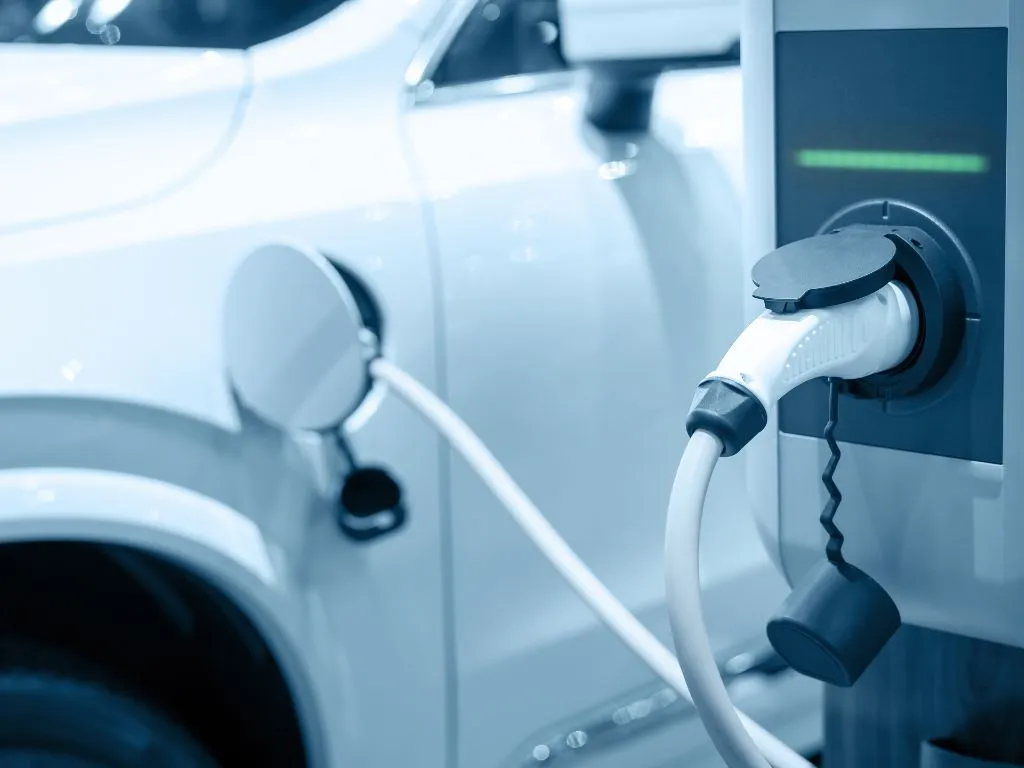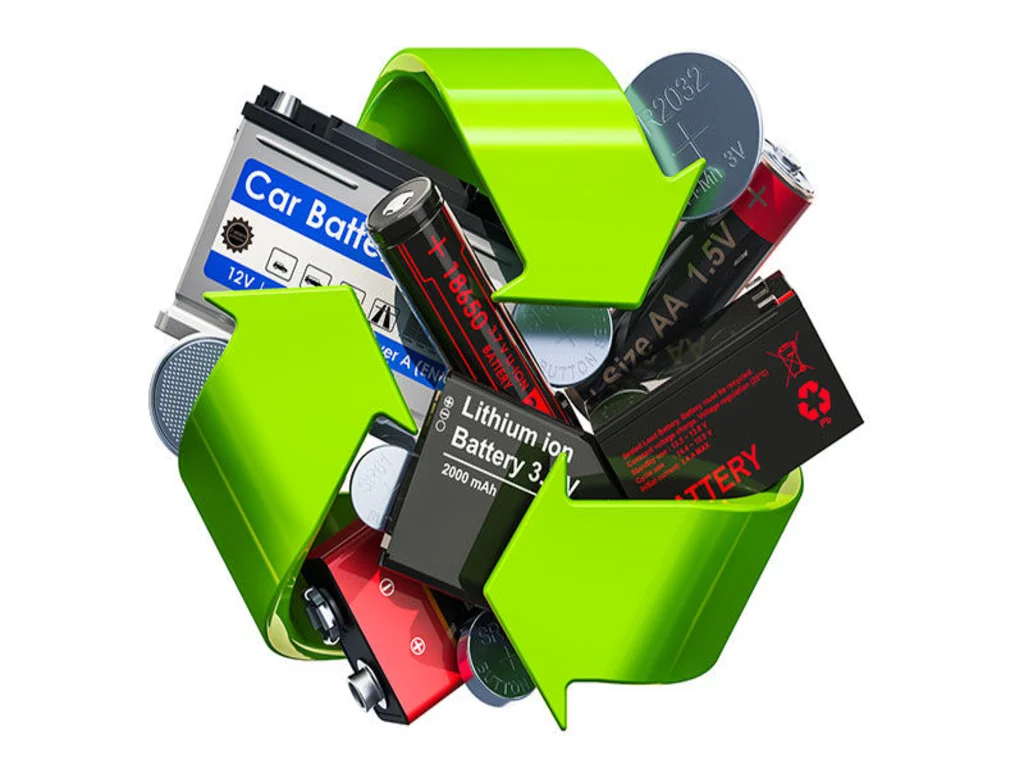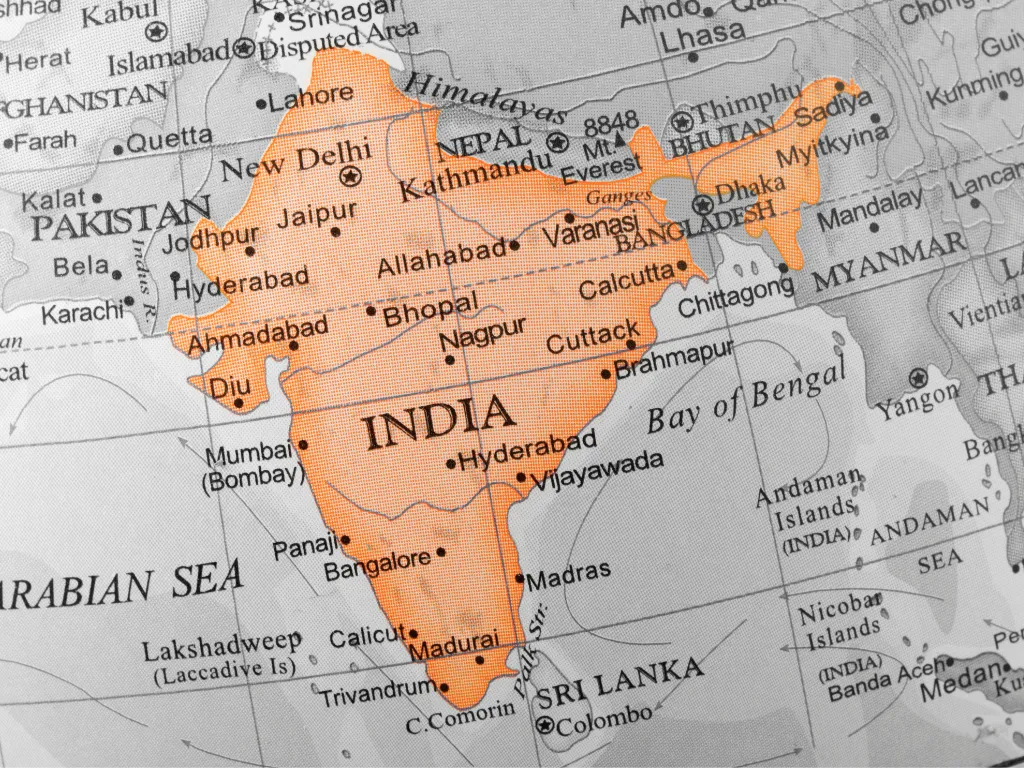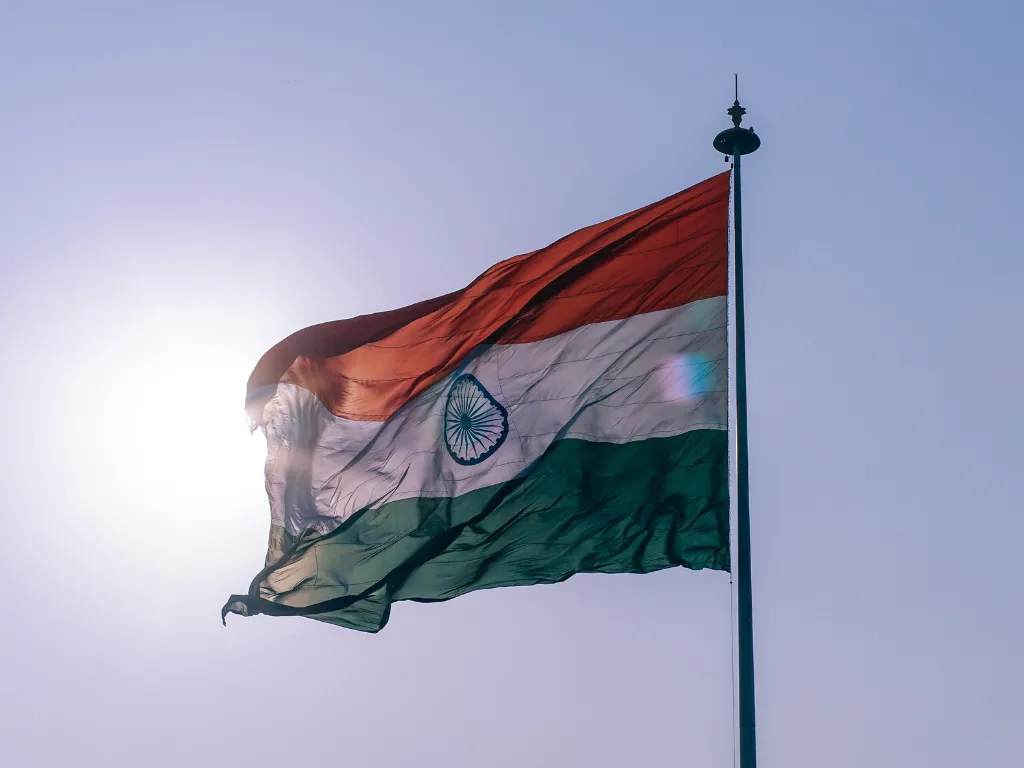India releases a proposal of new E-waste management regulations
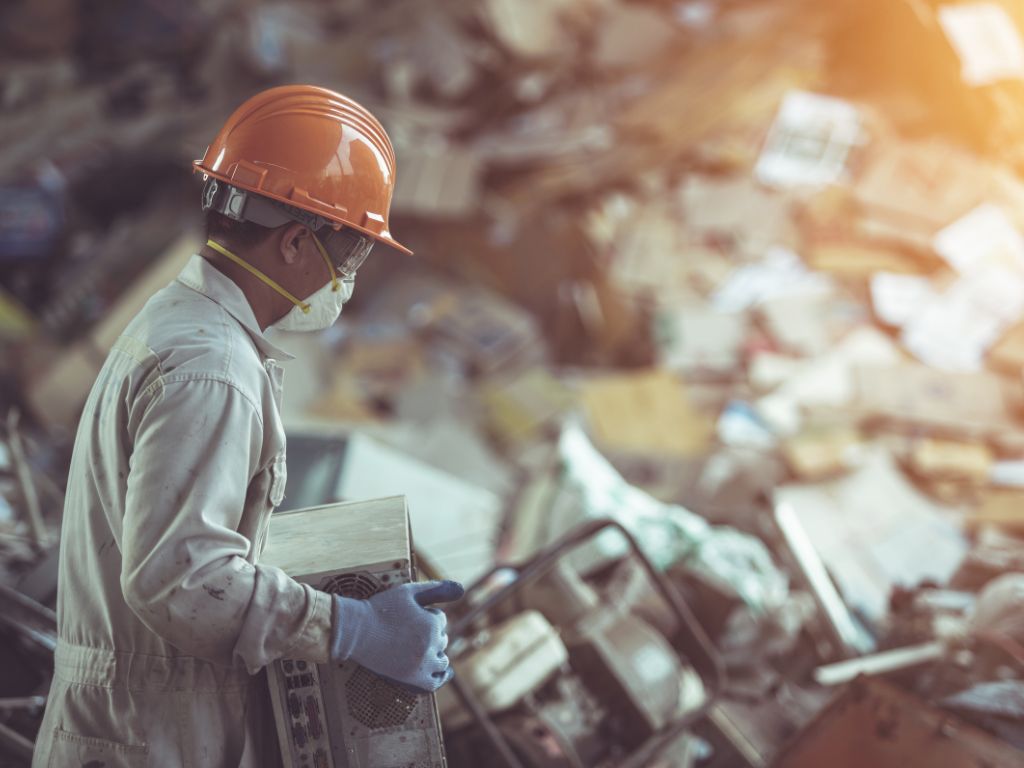
On May 20, 2022, the Indian Ministry of Environment, Forest, and Climate Change released a new regulation draft that will replace the current E-Waste (Management) Rules, 2016. In addition to information technology and telecommunications equipment and consumer electrical equipment, the target goods now include large and small electrical equipment, electrical tools, and medical equipment. Furthermore, the collecting goal (recycling target), which is one of the producers’ responsibilities, will be partially offset by the purchase of EPR certificates, and environmental penalties will be imposed if the standards are not met. For FY2024 onwards, the recycling target has been set at 80%, and EPR certificate transactions and yearly report submissions are implemented and maintained through an online portal supplied by the Central Pollution Control Board (CPCB). Note that the Producer Responsibility Organization (PRO) provisions have been removed. The plan is open for public comment for 60 days, and no implementation date has been set.
Target products
- Information technology and telecommunication equipment [Item code: ITEW 1 to 25]
- Consumer Electrical and Electronics and Photovoltaic Panels [Item code: CEEW1-18]: Screens, monitors, video cameras, video recorders, audio amplifiers, solar panels, etc.
- Large and Small Electrical and Electronic Equipment [Item code: LSEEW 1-29]: Large cooling appliances, freezers, clothes dryers, dishwashers, electric cookers, electric stoves, electric hot plates, electric fans, vacuum cleaners, irons, smoke detectors, thermostats, etc.
- Electrical and Electronic Tools (With the exception of large- Scale Stationary Industrial Tools) [Item code: EETW 1-8]: Drills, saws, sewing machines, tools for mowing or other gardening activities, tools for welding, soldering, or similar use, etc.
- Toys, Leisure, and Sports Equipment [Item code: EETW 9-14]: Hand-held video games consoles, video games, sports equipment with electric or electronic components, Computers for biking, diving, running, rowing, etc.
- Medical Devices (except for all implanted and infected products) [Item code: MDW 1-10]: Radiotherapy equipment, cardiology equipment, dialysis equipment, pulmonary ventilators, laboratory equipment for in vitro diagnosis, analysers, MRI & ultrasound equipment, etc.
EPR certificate transactions (Article 20):
A producer can buy EPR certificates up to the amount of their current year’s EPR responsibility plus any residual liability from previous years plus 10% of the current year’s liability. The webpage will provide information on the EPR certificate’s availability, requirements, and other data. At the time of filing quarterly returns, all transactions must be recorded and filed on the internet portal by the producers/recyclers.
Environmental Compensation (Article 28):
Environmental compensation must be paid if the regulations are broken. Payment of environmental compensation does not relieve producers of their EPR obligations under these rules. The unpaid EPR obligation for a given year will be carried forward to the following year, and so on, for a maximum of three years. If the EPR duty gap is resolved within one year, 85 percent of the imposed environmental compensation will be refunded to the producers. If the EPR obligation shortfall is addressed after two years, 60 percent of the environment compensation levied will be returned; if the shortfall is addressed after three years, 30 percent of the environment compensation levied will be returned; and if the shortfall is addressed after four years, no environmental compensation will be returned to producer. The CPCB will draft standards for environmental compensation separately.
Recycling targets (Schedules III and III (A)):
Schedule III:

Note: The importers of used electrical and electronic equipment will have 100% EPR obligation for the imported material after end of life, if not re-exported.
Schedule III (A): Extended Producer Responsibility targets for producers, who have started sales operations recently, i.e., number of years of sales operations is less than average life of their products mentioned in the guidelines issued by Central Pollution Control Board from time to time.


